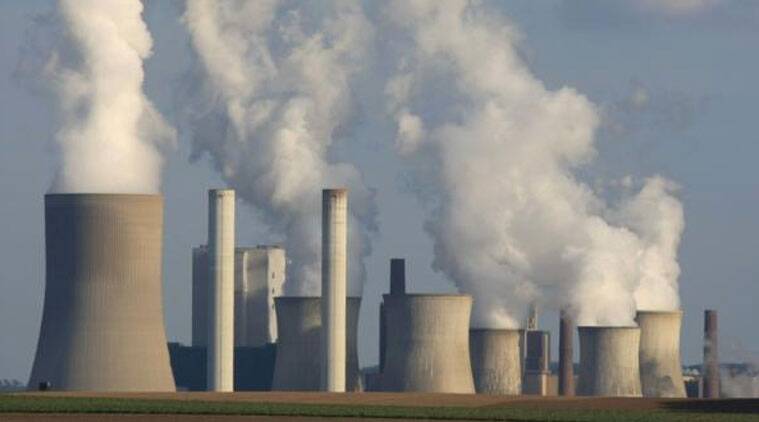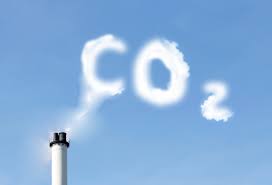Understanding The Best Carbon Offset Programs
November 4 2022

Understanding Carbon Offset Programs
We know that Carbon offset programs are used by individuals and businesses to neutralize their carbon emissions. The carbon offset projects offered by these programs are mainly aspired to provide substantial reductions in greenhouse gas emissions. These programs allow individuals or companies to invest in projects either locally or internationally, as the best way to offset the carbon footprint. This article will help the understanding of the best carbon offset programs.
The investment can be in any type of project say, for example, one can invest money in a reforestation project in Balanced Earth to offset the amount of carbon produced by their daily commute. Likewise, a business may opt to choose to invest in such programs to offset employees’ air travel or the carbon compelled to deliver their products. The only intention is to neutralize carbon emissions. Let us understand more about the best carbon offset programs.

Know More About Carbon Offset Programs
Carbon offsets are not a simple entity. As there are many products available in the market, it can be difficult to choose whose quality is best to buy carbon credits. Due to this standard-setting organizations have been established to procure assurance of quality for carbon offsets.
These carbon offset programs may be from international or governmental regulatory bodies such as the United Nations Clean Development Mechanism (CDM) Executive Board, which governs the carbon offsets under the Kyoto Protocol to self-reliant non-governmental organizations (NGOs).
Historically, governmental bodies certified offset credits for regulatory purposes which are known to be compliance programs, while NGOs chiefly served voluntary buyers known as voluntary programs. Nowadays both types of programs have started to serve both types.
Every carbon offset program issues its labeled brand of credit. Offset programs operate with three basic functions. Firstly, they are known to develop and approve standards that set criteria for the quality of carbon offset credits. Then they evaluate offset projects against these standards (usually with the help of third-party verifiers) and at last, they operate with registry systems to issue, transfer, and retire offset credits.
Voluntary programs are playing a major role in climate action strategies for corporations and governments alike. Along with driving decarbonization goals to reduce carbon footprint, high-quality greenhouse gas (GHG) offsets and clean energy certificates are unlocking more ambitious providing environmental and social benefits.
This is resulting in the demand for carbon offsets and renewable energy credits making company needs becoming more complex. Balanced Earth carbon offset consultants are experienced in guiding the best offset programs and renewable energy markets and are helping to shape the prospects of those markets today, offering extensive support to deal with a broad range of environmental commodity needs.
Outlining About Carbon offset programs
Carbon offset programs are intended to reduce or remove greenhouse emissions. It is difficult to decide the best offset programs. Hence it is best thing to check with standard-setting organizations for quality assurance of such offset programs. You can connect with some carbon offset consultants instead of choosing on your own.
They can guide you the better ways to reduce or eliminate the carbon footprint by looking at your daily requirements. Investing in carbon offsetting will help our environment, with projects such as reforestation, and seedling.
